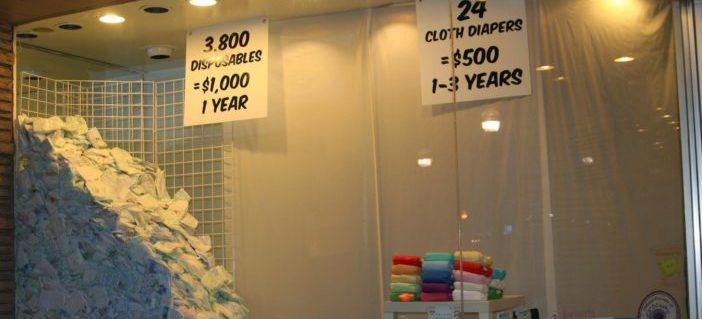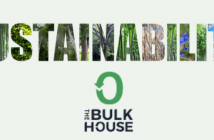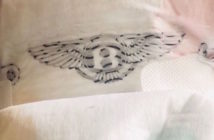On this journey of motherhood from one to three small children aged under 3.5 years, across four countries (Nigeria, Indonesia, New Zealand, and China), I have swung from being a zero-waster, while the next year single-handedly filling rubbish dumps with diapers, wipes, baby food jars, and broken plastic toys.
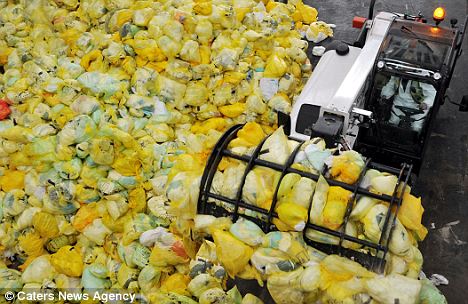
Raising a baby with less waste production is totally possible and not as hard as you think. The hardest shift is the mental one: it can be challenging to change things that are working well. But if you are pregnant, or willing to start living more consciously, you can start with these:
1. Cloth diaper. Raising my first-born in 100 percent cloth diapers was a heck of a lot easier than raising my third-born, when my washing machine was constantly in use and I had a nearly two year old and a newborn in diapers at the same time. I was proud of myself for keeping everyone fed and alive, often there was no way I could cope with cloth diapers. But the benefits are worth it for however long you can stick with it. The financial savings are huge, and so is the environmental impact. A disposable diaper takes 500 years to break down. Even part-time cloth diapering will make a difference.
2. Make your own baby food. Although convenient, start the habit of making your own baby food puree, or for the ultimate in simplicity (laziness), try baby-led weaning.
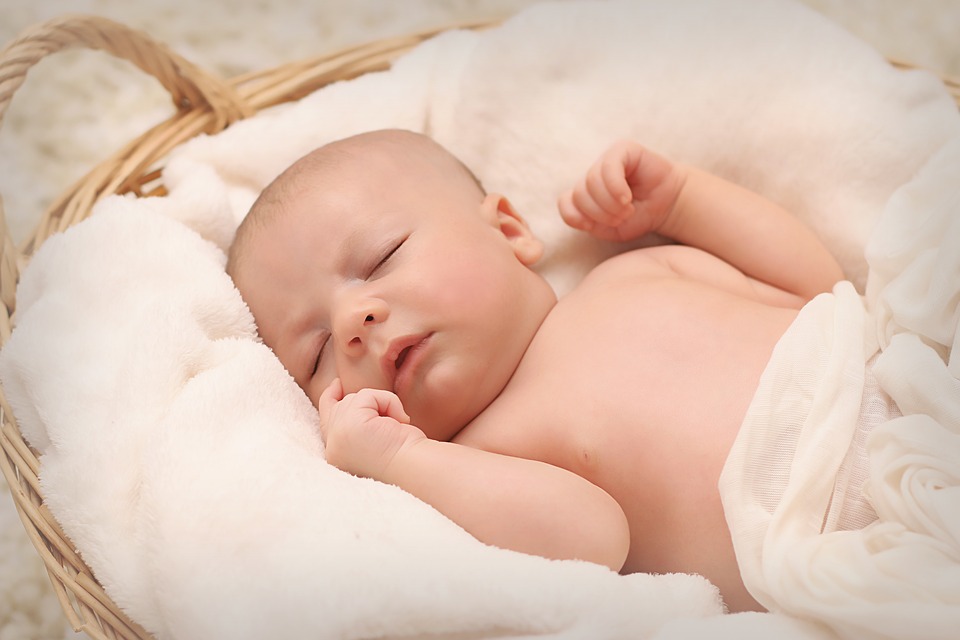
3. Fight the lure of consumption. Buy pre-loved toys and baby stuff. Your baby doesn’t care if they have the bum wipe warmer or newest BabyLovemobile. WeChat is full of baby buy and sell groups where you can get pre-loved strollers, baby beds, bouncers, toys used for a month, baby carriers, and barely used clothes. Most baby “necessities” are actually “wants” disguised as “needs.” Ask an experienced mom what a baby really needs. Why buy an expensive cot when your baby will only want to co-sleep? Or a changing table when you will find yourself always changing diapers on the living room floor?
4. If you can, breastfeed. It’s the ultimate in zero-waste baby nutrition. No tins, bottles, bottle cleaners, or waste byproducts. If you are struggling with breastfeeding or low milk supply, seek professional help.
Start your new zero-waste lifestyle with the small person who will be affected by it the most as they grow up.
Photos: Bumritediapers.com, Money Saving Mom, Pixabay

